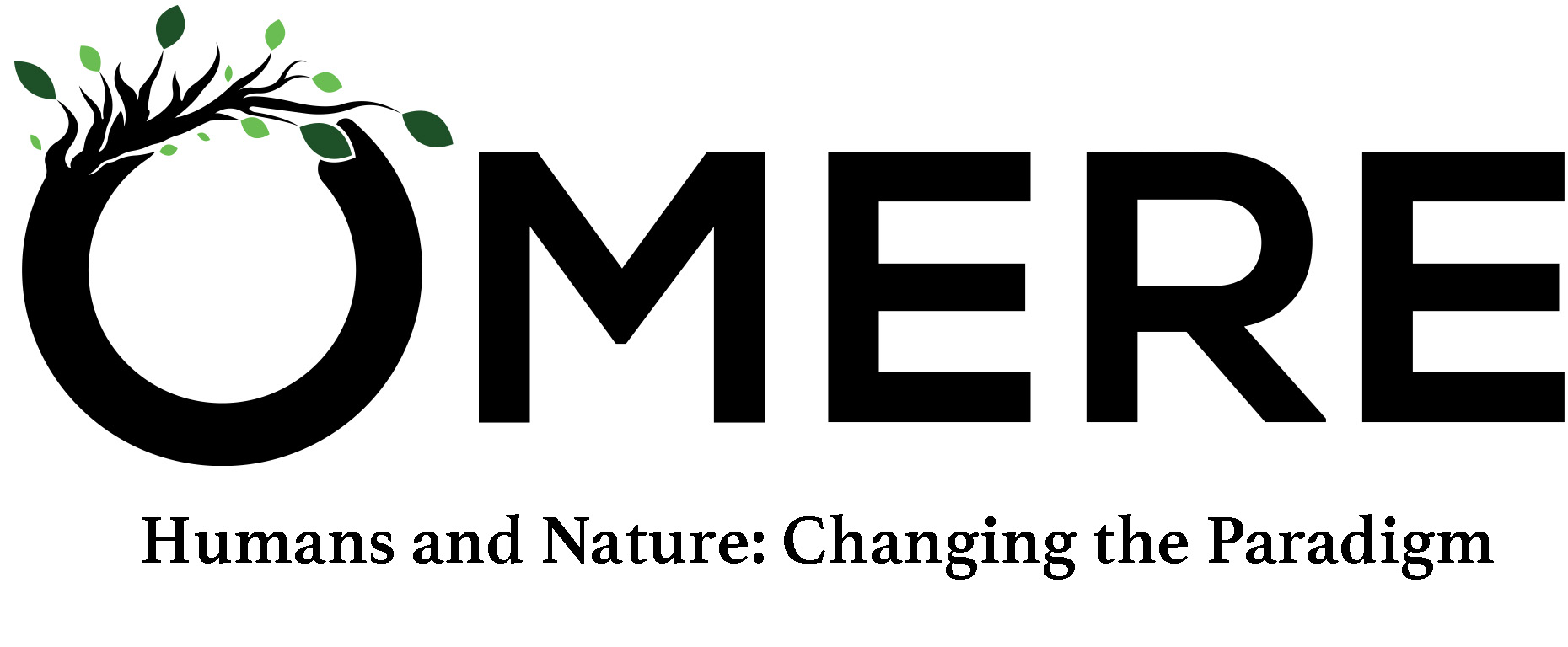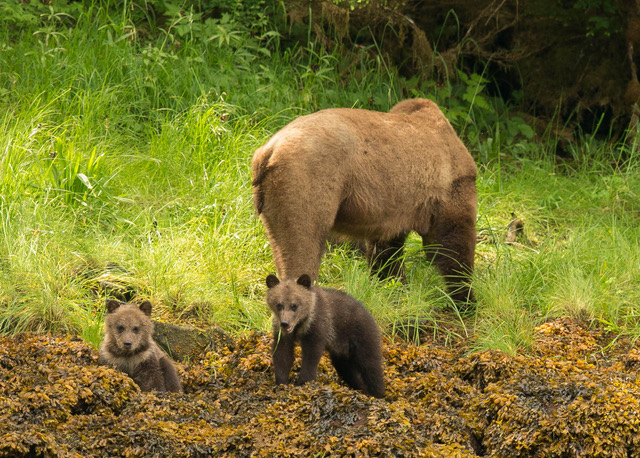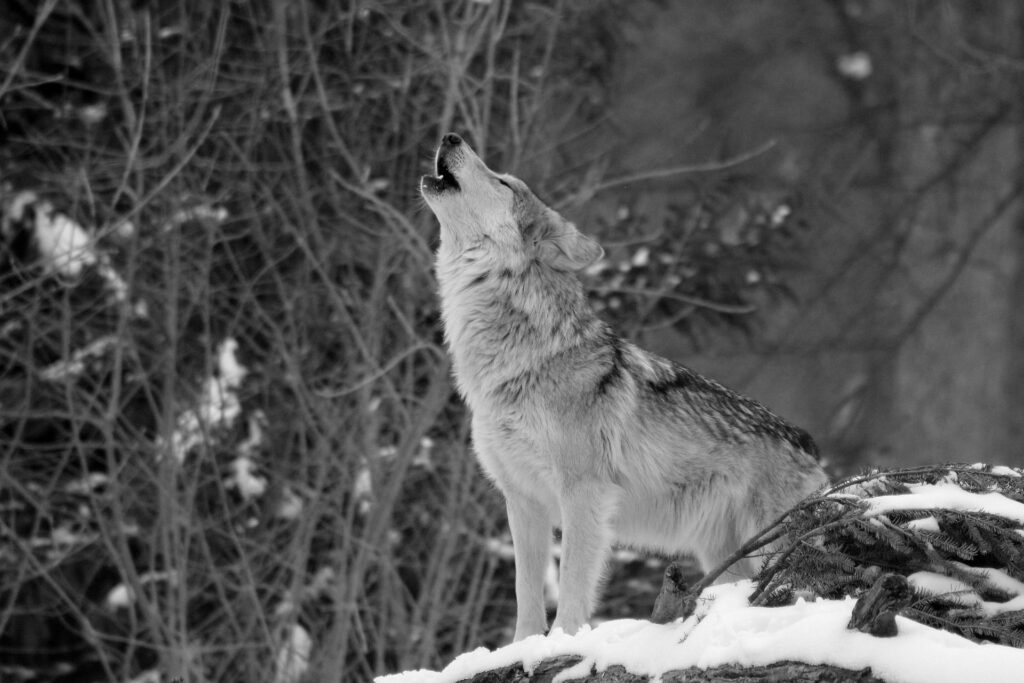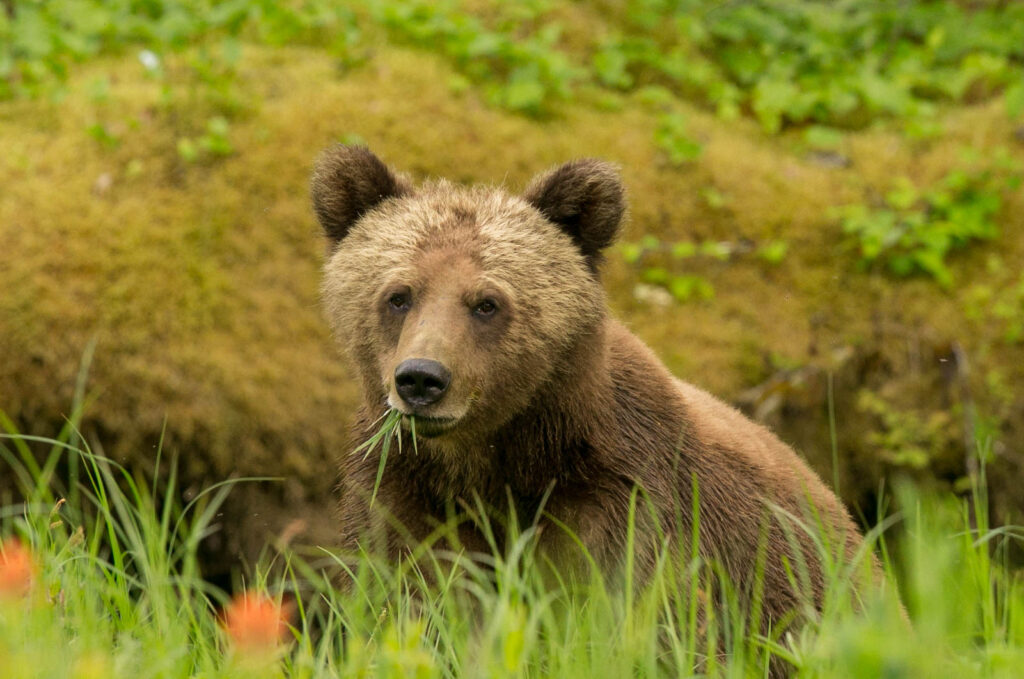Photo Credit: Trish Boyum Nature Photography
Hunting organizations distorted opposition to trophy hunting, painting it as emotionally motivated and scientifically invalid, but this opposition is firmly founded in science. It is both ethically and morally wrong to inflict suffering on sentient beings and endanger grizzly populations for frivolous entertainment.
When the grizzly bear hunt ban was implemented in 2017, hunting organizations attacked the reasons behind the closure by promoting the narrative of emotions trumping science. It’s a profoundly misleading and self-serving claim.
And yet, the false narrative found its way into the Draft Provincial Grizzly Bear Stewardship Framework. Even though the Auditor General of B.C.’s 2017 report was highly critical of the science behind grizzly bear management, the framework stated that the ban “was not specifically or directly in response to a conservation concern. Rather, it largely reflected many British Columbians’ ethical or moral opposition to grizzly bear hunting.”
This quote makes it seem as if the notions of ethics or morality cannot be informed by science. Not surprisingly, hunting organizations welcomed this interpretation. They distorted the opposition to trophy hunting even more by painting it as merely emotionally motivated and, thus, scientifically invalid. This is ironic, of course, because it is, precisely, an emotional high that the grizzly trophy hunt offers to its enthusiasts. After all, the word “trophy” brings connotations of pride and joy, in this case, from killing a sentient creature.
Emotions — an indispensable part of human functioning — influence the decisions of those who oppose grizzly trophy hunting and those who support it. A crucial difference distinguishes, however, the two groups. In contrast to hunters who get an emotional thrill from pursuing grizzly bears, those who oppose trophy hunting conceive of emotions as underpinned by ethical concerns.
These ethical concerns reflect, in turn, the belief that grizzly trophy hunting is morally wrong on two grounds: it inflicts suffering on sentient beings and poses an existential threat to the species. The science of animal sentience and the science of wildlife conservation inform our “ethical and moral opposition.” Instead of being antithetical to science, this opposition is firmly founded in science. Emotions are a surface representation of our fight, not its essence. Here, as in the case of the battle to avert the calamity of climate change, emotions run high because the disregard for science is egregious.

Photo Credit: Trish Boyum Nature Photography
We speak in an ‘emotional’ way about the grizzly hunt because we speak about the conduct that is morally wrong on an individual level. It causes suffering to an individual sentient being. Many of us have always known it intuitively, but the latest research on animal cognition and suffering validates this belief even more. Shooting a bear, often with multiple bullets, brings a brutal and excruciating end to a fellow creature endowed with complex cognitive abilities and a rich social life. Grizzly bears are not ‘resources’ to be ‘harvested’ but living beings entitled to existence free from unnecessary pain and anguish.
In 2017, the public saw a video released by two hunters, cheering as they watched a dying grizzly bear slide down the mountain, leaving a trail of blood in the snow. This image shattered people’s hearts. Why wouldn’t it be the case if we believe that inflicting suffering for trivial reasons is morally wrong?
However, our ethical opposition to grizzly trophy hunting goes beyond the notion of individual suffering. Hunting grizzlies is immoral not only because it cruelly extinguishes the lives of sentient creatures for frivolous entertainment but also because it further imperils the future of grizzly populations.
Indeed, there were valid reasons behind placing grizzly bears as a species of “Special Concern” under the federal Species at Risk Act (SARA) in 2018. They are highly vulnerable to human activities and natural events that force them to navigate the grim reality shaped by habitat loss and fragmentation, dwindling food resources, climate change, and wildfires. Apart from the individual effect, all these pressures interact in intricate ways across spatial and temporal scales.
Of course, the cumulative impact of the external pressures on grizzly bears may not become immediately apparent. Irreversible damage accumulates over time, unfolding neither in a linear manner nor in predictable ways. Such is the consequence of living in ecologically precarious times. Ecological uncertainty demands, therefore, applying the precautionary principle. That is why adding hunting to the already existing pressures is highly irresponsible. Are we truly willing to risk the survival of an iconic species for the fleeting joy of securing a trophy and displaying it on a wall?
Our awareness of this reality makes us speak passionately against the grizzly trophy hunt. This is where our emotions and the ethics underlying these emotions come from. Hunting organizations clearly consider our arguments an inconvenient truth. Their cynical attempt to divorce the emotional reaction to trophy hunting from the science of sentience and wildlife management must be exposed and challenged.

Photo Credit: Trish Boyum Nature Photography
Finally, the possibility of reinstating the grizzly trophy hunt is also at odds with the wishes of British Columbians. Poll after poll shows that. It is thus anti-democratic for governmental structures entrusted with implementing the will of the majority to cater to the hunting lobby that views wildlife as mere “resources” to be exploited.
The trophy hunting ban must stay in place and eventually be legislated. Our efforts should focus not on revoking it but on finding ways to increase habitat protection, reduce human-caused mortalities, and foster education about these majestic creatures we are privileged to share the space with.




